Objections raised to draft law on strike
A public debate on Serbia's draft law on strike is in progress, with disagreements between actors taking part in its development coming to the surface.
Monday, 22.07.2013.
12:10

NIS A public debate on Serbia's draft law on strike is in progress, with disagreements between actors taking part in its development coming to the surface. These differences are caused by the provisions relating to the minimum service, venues for staging strikes, protection of property, and the method of resolving labor disputes. Objections raised to draft law on strike The debate has begun about a week ago and is expected to last until August 2, and the Delegation of the German Economy to Serbia said on Friday that that it has not been transparent enough and that if the bill is adopted in the proposed form, it will cause deterioration of the situation in the Serbian economy and a slowdown in foreign investment. The delegation said that the public debate is not “visible” to the public and that it boils down to only three public hearings, taking place in July, when many crucial actors are on vacation. At a hearing last week in Nis, State Secretary in the Labor Ministry Zoran Martinovic indicated that the proposed bill on strike should, in a way, make the provisions in this area comply with the Constitution and other relevant laws, and meet the recommendations of the European Commission, which expects “innovation” of the law currently in force, enacted in 1996. Martinovic said it is clear that “this is not a popular topic, as it deals with situations in which employees' rights have been violated,” adding that “this law will be a means in the hands of employees, and employers cannot expect balance here, as the assumption is that it is they that provide the cause of the strike.” One of the amendments in the bill, which has sparked strong reactions, concerns the regulation of the right to public assembly, or more specifically, the places where this right can be exercised. Martinovic believes that objections concerning it are “completely unfounded,” as, in his words, “unlike the old law, which stipulates that the employer's premises shall be the only possible strike area, the new bill proposes that strikes can also be staged at other locations.” Vice-President of the Confederation of Autonomous Trade Unions of Serbia (SSSS) Zoran Mihajlovic has told Tanjug that the bill is a step forward compared to the existing Law on Strike, but we should be more precise when it comes to disputed parts of the bill. The SSSS believes that collective agreements, which would take all the specific working conditions into account, would be a much better way to ensure respect for workers' rights than arbitration. The Union of Employers of Serbia warned that the adoption of the bill could lead to a reduction in the volume of foreign direct investment and to violation of property rights. It can make it difficult to protect capital, and also create regulatory uncertainty in industrial relations, hinder opportunities to enhance the productivity of employees in the economy and increase the costs of doing business, the Union of Employers added. Tanjug
Objections raised to draft law on strike
The debate has begun about a week ago and is expected to last until August 2, and the Delegation of the German Economy to Serbia said on Friday that that it has not been transparent enough and that if the bill is adopted in the proposed form, it will cause deterioration of the situation in the Serbian economy and a slowdown in foreign investment.The delegation said that the public debate is not “visible” to the public and that it boils down to only three public hearings, taking place in July, when many crucial actors are on vacation.
At a hearing last week in Niš, State Secretary in the Labor Ministry Zoran Martinović indicated that the proposed bill on strike should, in a way, make the provisions in this area comply with the Constitution and other relevant laws, and meet the recommendations of the European Commission, which expects “innovation” of the law currently in force, enacted in 1996.
Martinović said it is clear that “this is not a popular topic, as it deals with situations in which employees' rights have been violated,” adding that “this law will be a means in the hands of employees, and employers cannot expect balance here, as the assumption is that it is they that provide the cause of the strike.”
One of the amendments in the bill, which has sparked strong reactions, concerns the regulation of the right to public assembly, or more specifically, the places where this right can be exercised.
Martinović believes that objections concerning it are “completely unfounded,” as, in his words, “unlike the old law, which stipulates that the employer's premises shall be the only possible strike area, the new bill proposes that strikes can also be staged at other locations.”
Vice-President of the Confederation of Autonomous Trade Unions of Serbia (SSSS) Zoran Mihajlovic has told Tanjug that the bill is a step forward compared to the existing Law on Strike, but we should be more precise when it comes to disputed parts of the bill.
The SSSS believes that collective agreements, which would take all the specific working conditions into account, would be a much better way to ensure respect for workers' rights than arbitration.
The Union of Employers of Serbia warned that the adoption of the bill could lead to a reduction in the volume of foreign direct investment and to violation of property rights. It can make it difficult to protect capital, and also create regulatory uncertainty in industrial relations, hinder opportunities to enhance the productivity of employees in the economy and increase the costs of doing business, the Union of Employers added.













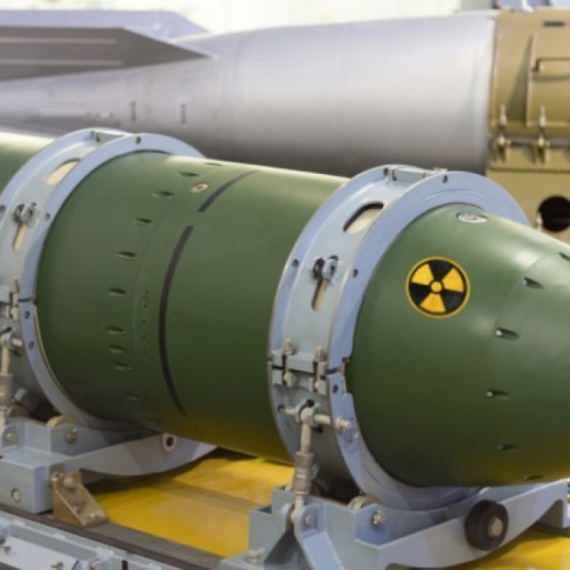


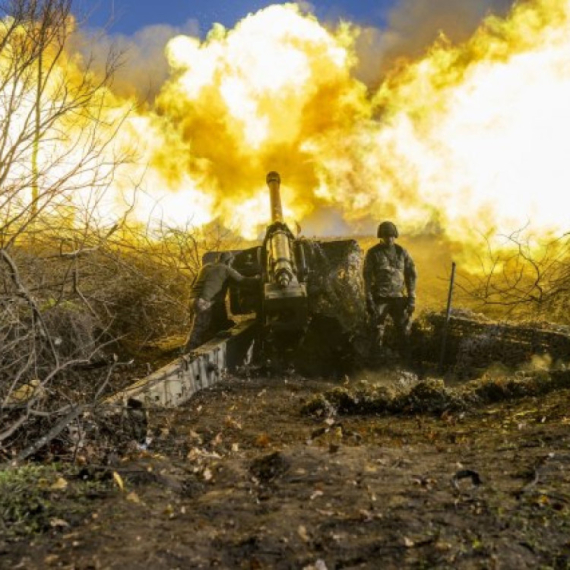


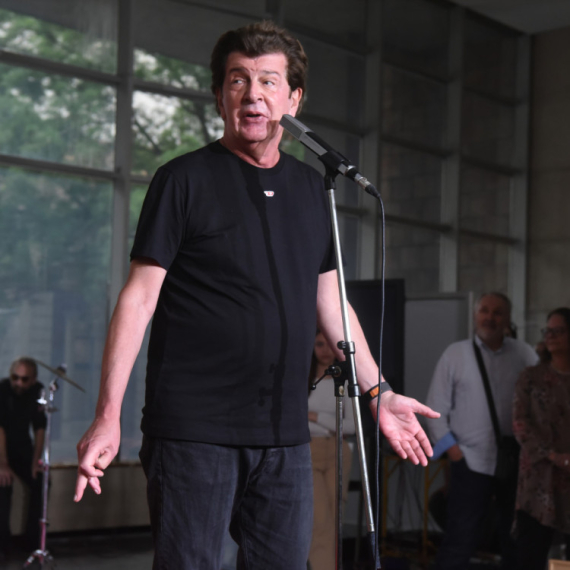









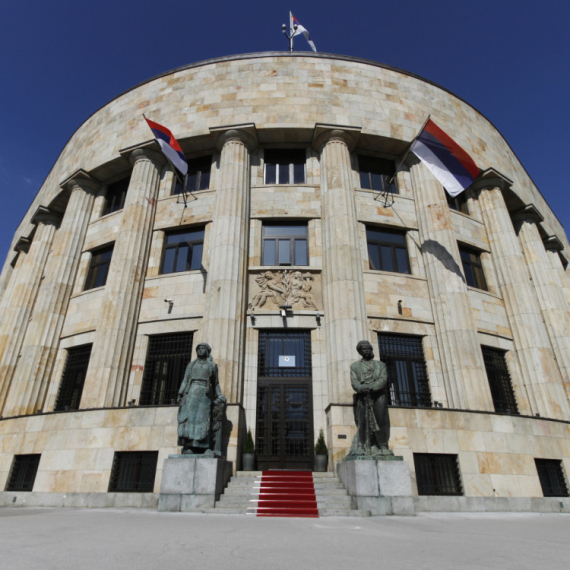












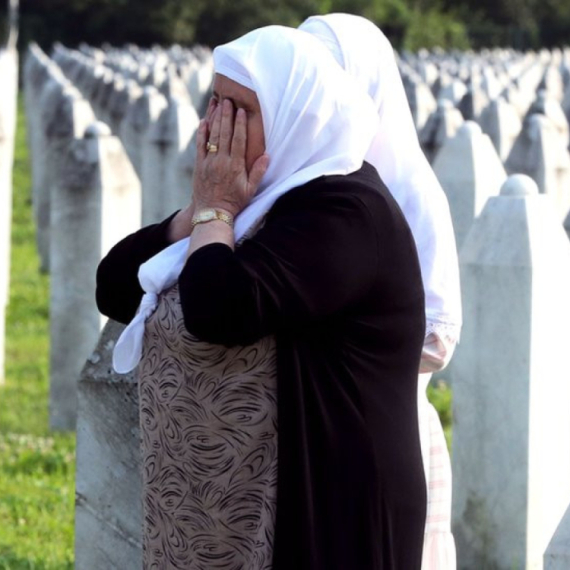

Komentari 0